A new room for families of people with cancer has been created in memory of a woman who was cared for by staff at the Queen’s Centre in Cottingham

Laura Cook
Almost £4,000 was raised by the family of Laura Cook, 38, after she died of breast cancer in March to thank staff on Ward 30 and they decided they wanted to create a relatives’ room outside the ward.
Laura’s mum Liz Gelder, her father Bill and her husband Nick Cook have now officially opened “Laura’s Room” in front of doctors, nurses and support staff who knew and cared for Laura.
Preparing to cut the ribbon on the new relatives’ room at the entrance to the ward, Laura’s mum Liz Gelder said: “Today is bitter sweet because we’re so pleased to do this for the hospital but so sad that we had to lose Laura to do it.
“But this is something Laura would have wanted us to do and she would be happy with what we’ve achieved.”
Claire Swatman, the breast care specialist nurse who looked after Laura, said: “Laura was a beautiful person inside and out. She had a heart of gold and a beautiful smile and was a complete inspiration to everyone she met.”
Laura grew up in Goole and was well-known throughout the town. She was diagnosed with cancer seven years before her death but had earned widespread respect for her positive approach to her illness.
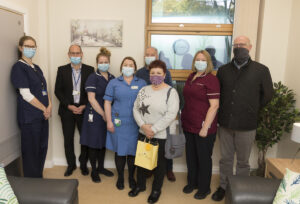
Covid-19 restrictions meant only 30 people could attend Laura’s funeral but the love and admiration people felt for her was reflected on the day of her funeral when residents packed three streets to pay their respects as her funeral cortege travelled past.
Laura’s workmates at XPO Logistics also asked for the cortege to make a special trip past their site so they could line the entire road to say a final farewell.
Mrs Gelder said: “Laura was vivacious and bubbly. She was a big Stereophonics fan and loved music and her and I used to go to as many concerts as we could.
“We did know she was well thought of before her death but we didn’t realise just how much and it has just been so humbling.
“It was just amazing to see all those people lining the streets who cared about her.”
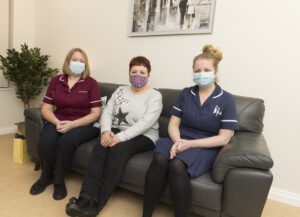
Housekeeper Marie Shevchenko, Laura’s mum Liz Gelder and Sister Hayley Butler
Laura’s family started receiving donations in sympathy cards after her death and decided to set up a Just Giving page to raise money for the Queen’s Centre. However, they reached their initial target of £500 within hours and ended up raising more than £3,800.
Mrs Gelder worked with housekeeper Maria Shevchenko to design a beautiful, calming and tranquil place where families will be given updates on their loved ones’ conditions in privacy and away from the normal hustle and bustle of a busy hospital ward.
Sage green walls compliment the comfortable sofas and tasteful furniture with soft furnishings and artwork chosen specially to create a peaceful environment. Centre stage is a framed pebble design of robins, so loved by Laura.
Mrs Gelder said: “She told me she would send me robins to let me know she was ok. For weeks, we got one every single day.”
As a sign of their gratitude to Mrs Gelder and her family, staff on the ward raised money to present her with an identical framed pebble design of robins.
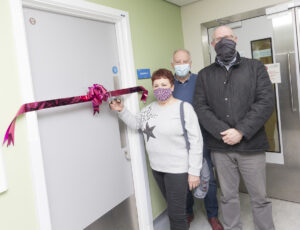
Ward Sister Hayley Butler said: “The new room will make such a difference to us. It’s somewhere peaceful where we can have what are often difficult conversations with relatives, giving them the space and time to come to terms with what we have to share with them.
“Marie worked so hard to create this for the family and we’re really pleased they like the end result.”

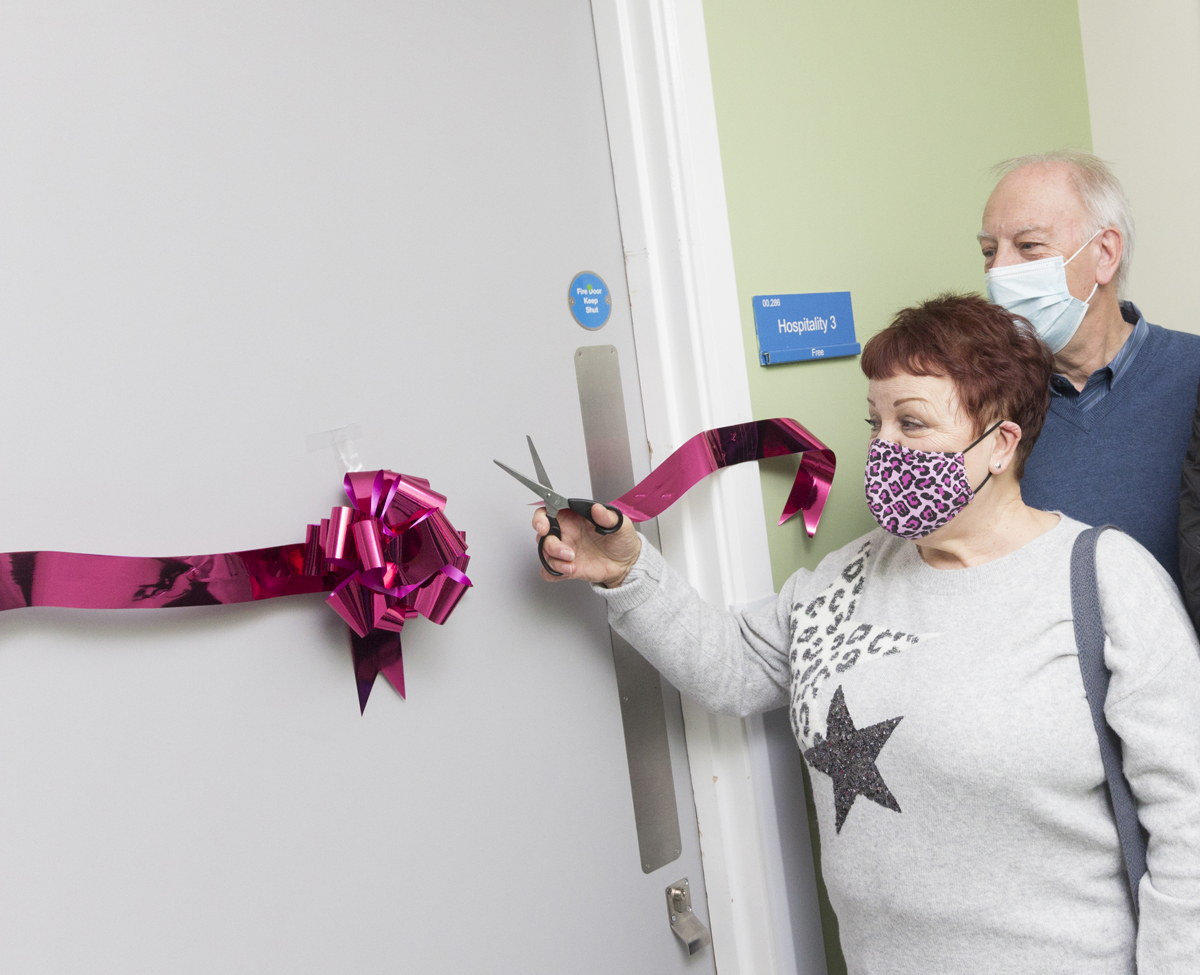
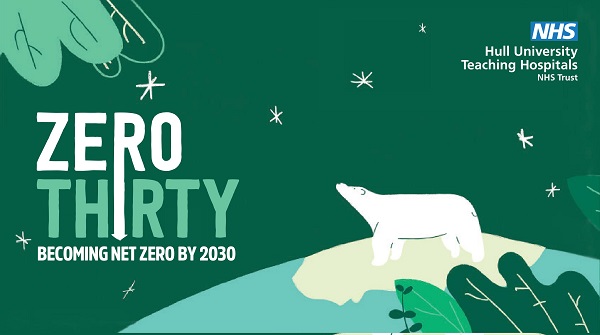


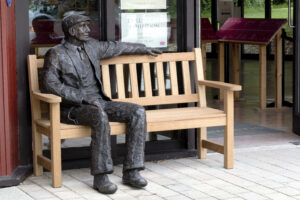
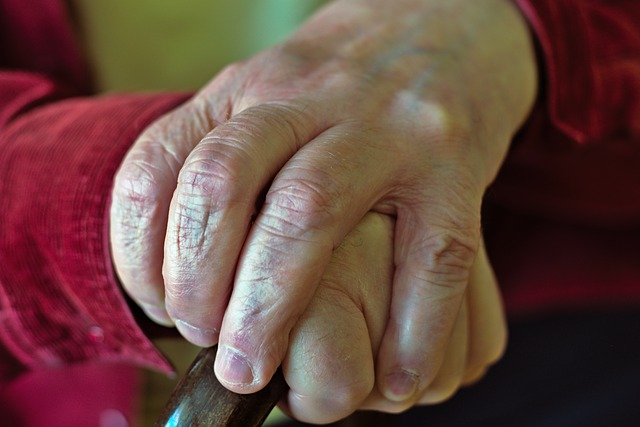
 The team, based at the Jean Bishop Centre in East Hull, was also named winners of the “Innovation in Practice” by the network, which has 7,000 members and is seen as the driving force behind improvements in the care of people with Parkinson’s and frailty.
The team, based at the Jean Bishop Centre in East Hull, was also named winners of the “Innovation in Practice” by the network, which has 7,000 members and is seen as the driving force behind improvements in the care of people with Parkinson’s and frailty.

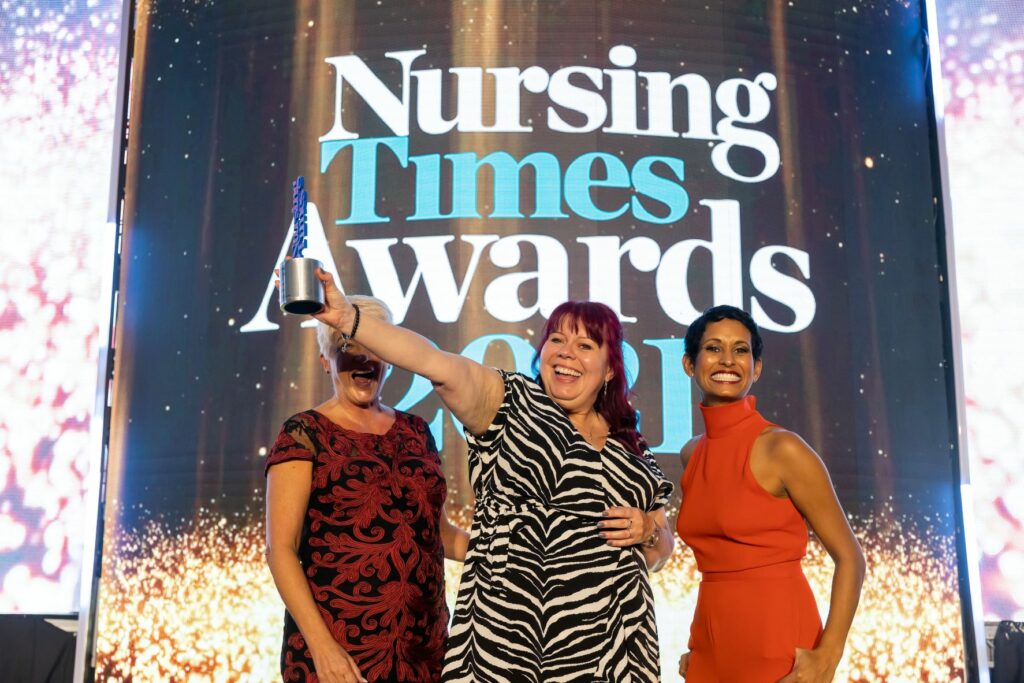
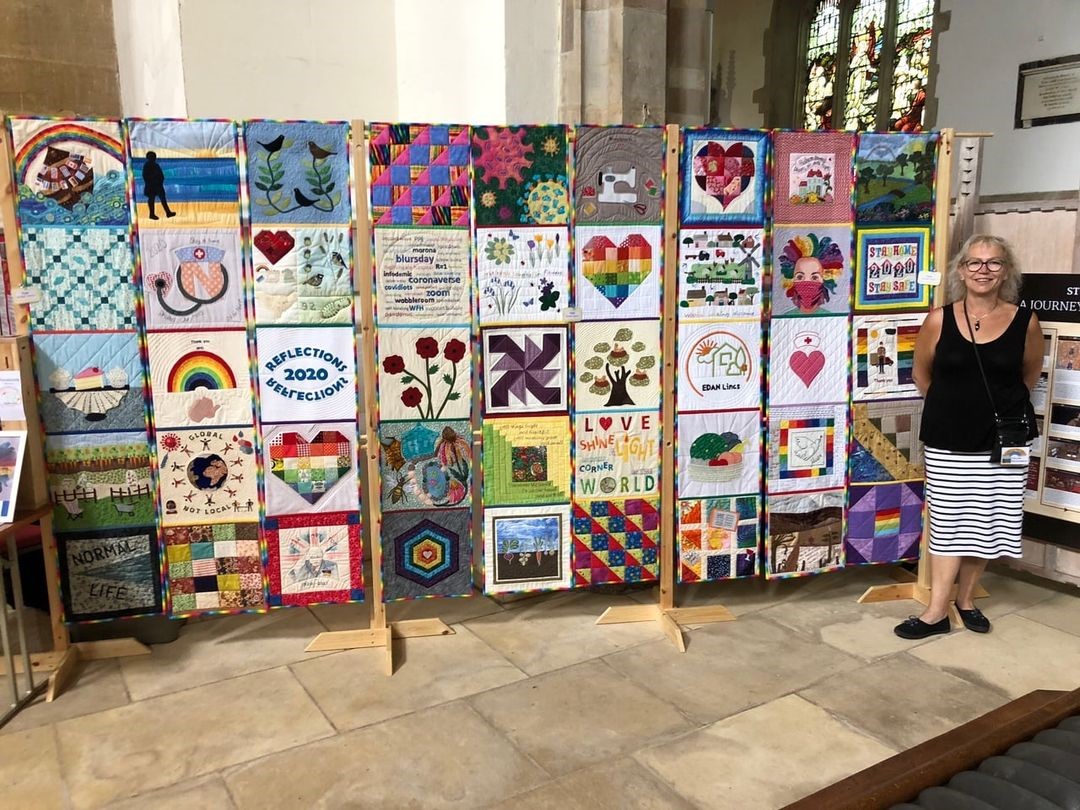
 Helen said: “My husband Paul received chemotherapy and radiotherapy treatment at the Queen’s Centre between December and January.
Helen said: “My husband Paul received chemotherapy and radiotherapy treatment at the Queen’s Centre between December and January.  “Most participants knew one person in the group, nobody knew everyone, yet all were united by their love of sewing and the desire to create something special.”
“Most participants knew one person in the group, nobody knew everyone, yet all were united by their love of sewing and the desire to create something special.”


